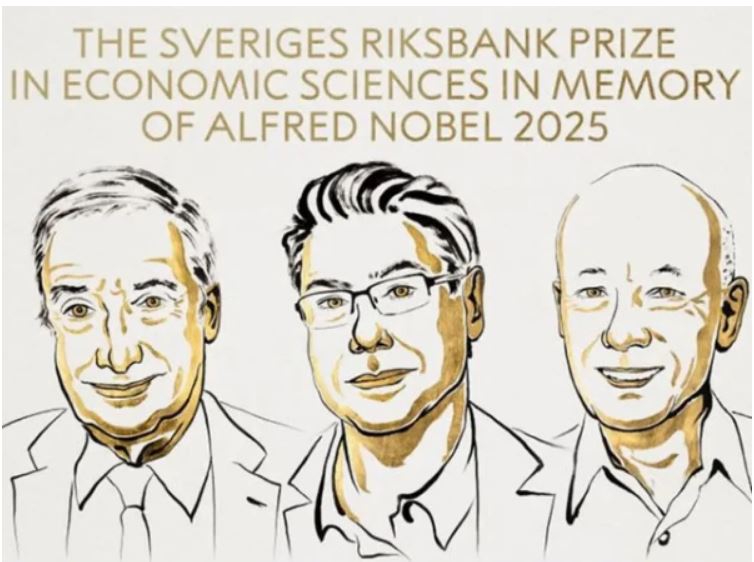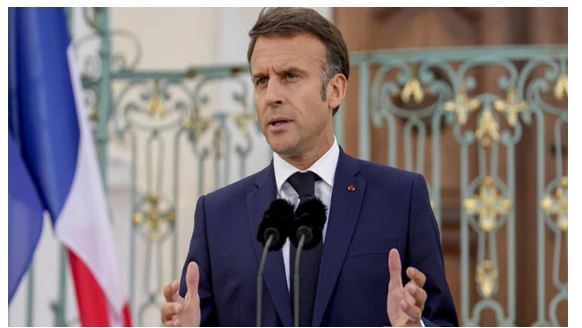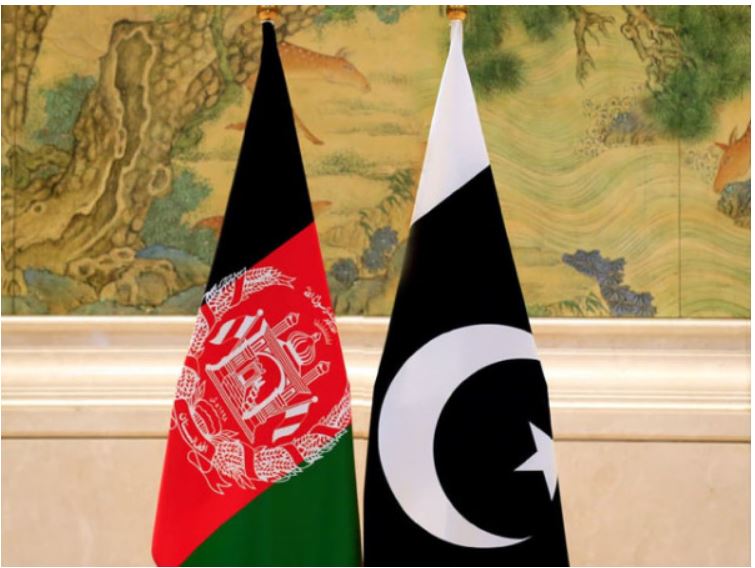
Nobel Prize In Economics 2025; Named After Experts From Israel, France And Canada
Half of the prize will be awarded to an Israeli-American economist, and the other half to two other experts
This year’s Nobel Prize in Economics was awarded jointly to three prominent economists: Israeli-American Joel Mokir, French Philippe Aghio,n and Canadian Peter Haut.
According to the World News Agency, they were awarded this honor in recognition of their valuable research on the concepts of sustainable development by identifying innovation, diversification, and creative implications in the global economy.
The Nobel Committee said that half of the prize will be awarded to Israeli-American Joel Mokir, 79, while the other half will be divided equally between 69-year-old Philip Aghion and 79-year-old Peter Haut.
The Nobel Committee said that half of the money was awarded to Joel Mokir alone for his research on how technology and scientific progress made economic growth possible for centuries.
Joel Mokier used economic history in his research to explain how Europe and the world followed a path of continuous development after the Industrial Revolution.
He also pointed out how social attitudes, scientific thinking, and institutions revolutionized the quality of life by promoting technology.
The other half of the Nobel Prize in Economics will be shared equally between Philippe Aghio of France and Peter Haut of Canada for presenting a joint theoretical model.
The two experts presented a mathematical theory with the implications of creative destruction, which explained the process of new innovations replacing old industries and technologies and advancing the economy.
What is creative destruction?
This concept was introduced by the famous economist Joseph Schumpeter. According to which, when new and better technology comes to the market, old industries disappear, and this process becomes the real driver of economic growth.
Nobel laureates Aghios and Haut presented a mathematical model of this theory in 1992 that played a fundamental role in modern economic policymaking.
The chairman of the Nobel Committee, John Hasler, said that if we do not maintain the process of innovation and competition, the economy could stagnate.
It should be noted that the total amount of the Nobel Prize is 11 million Swedish kronor (about 1.2 million US dollars), half of which will be divided between Mokir and the other half between Aghios and Haut.
The Nobel Prize in Economics is the only prize that was not included in Alfred Nobel’s original will, but was established by the Central Bank of Sweden in 1968.
So far, 96 economists have been awarded this honor, and only three women have received this prize in history.
It should be noted that last year, this prize was awarded to Darun Ajamoglu, Simon Johnson, and James Robinson, who researched why some countries remain rich and others remain poor.






